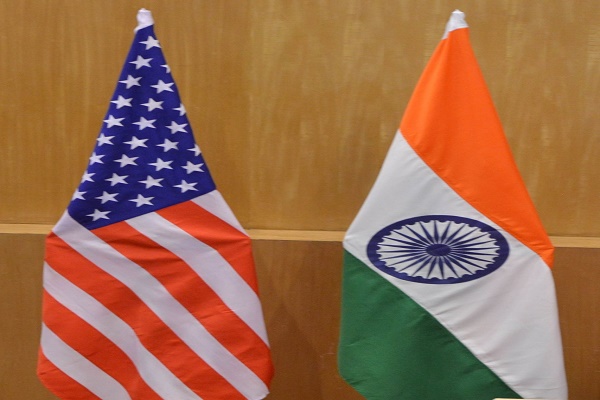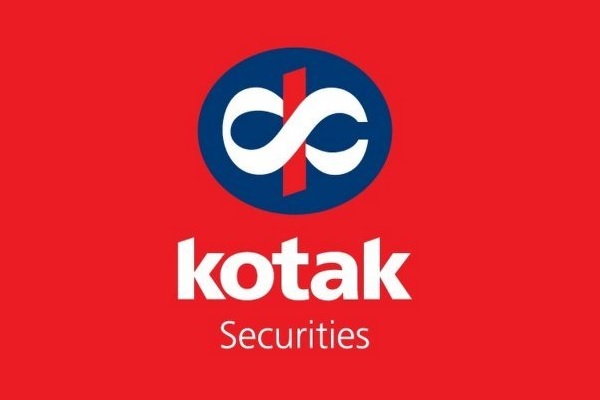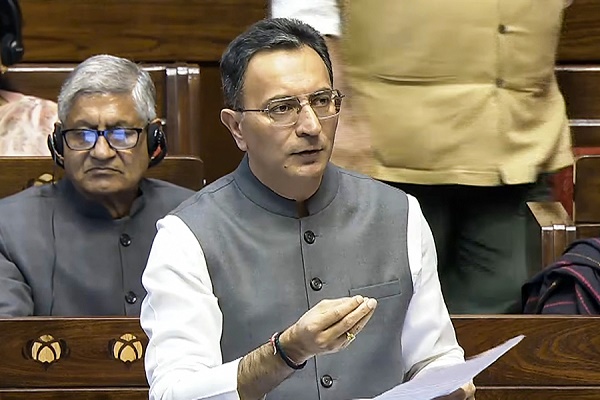Insurance Sector Update : Nothing to fear about usage of FRA by Indian Life insurance

We believe that concerns emanating from the recent global Pension developments regarding usage of Interest Rate Derivatives by Indian Life insurance are overblown. Forward Rate Agreement (FRA) usage by Indian Life insurers has recently attracted closer scrutiny, in the backdrop of two events: (1) Many UK Pension Schemes getting margin calls on the derivatives position as part of their Liability Driven Investment (LDI) strategy, in the wake of a large spike in UK government bond yields. (2) Media reporting related to one or more large European global banks being on the brink of failure.
A closer analysis of FRA usage by Indian Life Insurers suggests that such insurers are completely safe and there is no cause for worry about the usage owing to: (1) The actual aim of the strategy and reason for use of Interest Rate derivative, including FRA, is hedging and not return-enhancement in case of Indian Life Insurers. (2) The quantum of notional FRA (and other interest rate derivatives) outstanding for listed life insurers is considerably low. (3) Given the nature of the FRA MTM settlement, the counterparty credit risk is negligible and the overall notional FRA hedge that will nullify if such two European banks were to fail is ~10-15% of the total outstanding FRA. (4) There are no concerns around supply of FRA on account of flattening of the Indian G-Sec yield curve, as a short-term yield spike only leads to changes in structuring of FRA and spreads demanded by the counterparty bank, and does not really affect FRA supplies
Recent global developments bring focus on hedging and derivative usage by Indian Life insurers: The news of a number of UK Pension Funds getting margin calls on their derivatives position (as part of their LDI strategy) in the wake of the sharp spike in UK Bond yields, flowed by media reports about the near-failure situation at a few European global banks brought usage of FRA by Indian insurers into the spotlight recently
The reason and aim of the strategy for FRA usage by Indian Life insurers is hedging (in the true sense) and not yield enhancements: UK Pension Funds that got margin calls post the sharp spike in yields (or price fall) of long-dated UK Gilts were the ones that had deployed higher leverage in their Liability Driven Investment (LDI) portfolio as part of their yield-enhancement strategy (allocating more in non-fixed income investments) and hedging interest rate risk (by going long on bonds using leverage). This is in contrast to the usage of FRA by Indian Life insurers, who use FRA to hedge the guarantee risk that they run on the future premium income of a regular or limited premium paying term non-par guaranteed savings products.
The quantum of notional FRA outstanding and MTM impact on the sharp G-Sec spike is relatively limited: Indian Life insurers use FRA (or other interest rate derivatives) to hedge the risk in only their regular & limited premium paying non-par guaranteed products, which are a part of the overall product portfolio. Public sector life insurer LIC has not used FRA so far, and for listed private players, the notional FRA quantum outstanding as of FY22 is ~2-12% of their total investments. A 100-bps interest rate spike would result in MTM notional loss of ~6-10% of the notional FRA for such life insurers. So, all in all, the quantum of FRA and its MTM changes settlement-led amounts are smaller and easily manageable for listed private life insurers. In the unlisted space, it is Tata AIA Life that has materially higher notional FRA outstanding as of FY22 (~Rs266bn or ~45% of its on Balance Sheet Investment book
To Read Complete Report & Disclaimer Click Here
For More Anand Rathi Research Disclaimer https://www.rathi.com/LeadGenerate/Static/disclaimer.aspx
SEBI Registration No.:- INZ000170832
Above views are of the author and not of the website kindly read disclaimer
















